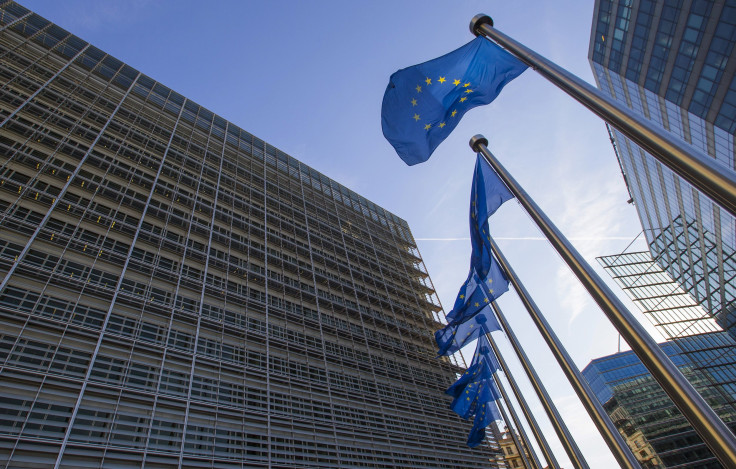EU Unveils New Rules Aimed At Thwarting Tax Avoidance By Multinationals

UPDATE: 5:45 a.m. EST — The European Commission on Thursday announced a raft of measures as part of its “Anti Tax Avoidance Package” that seeks to crack down on companies that avoid paying their fair share of tax in the 28-nation bloc. In a statement, the European Union’s executive arm said that the proposed rules would “hamper aggressive tax planning, boost transparency between Member States and ensure fairer competition for all businesses.”
“Today we are taking a major step towards creating a level-playing field for all our businesses, for fair and effective taxation for all Europeans,” Pierre Moscovici, the European commissioner for economic and financial affairs, taxation and customs, said, during a press briefing.
The series of measures, which comes amidst growing criticism of Google’s 130 billion pounds ($186 billion) "sweetheart" deal with British tax authorities, include provisions that would allow EU countries to tax corporate profits at home in some circumstances even if the money has been transferred offshore — a common technique used by companies to reduce their tax bills.
The rules, if approved by all the EU member states, would also require multinationals to report their financial results in all the countries in which they operate, and impose ceilings on the amount of interest a company can deduct from its taxable income.
“People have to trust that the tax rules apply equally to all individuals and businesses. Companies must pay their fair share of taxes, where their actual economic activity is taking place,” Valdis Dombrovskis, the European Commission vice-president for the euro and social dialogue, said, in a statement. “This requires coordinated European action, avoiding a situation of 28 different approaches in 28 Member States.”
Original story:
The European Union is set to announce Thursday new rules to clamp down on tax evasion by multinational corporations. The measures would come at a time when several companies, including Starbucks, McDonald’s and Fiat, are being investigated for tax deals that allowed them to shift their profits to lower-tax countries in the EU.
“Recent studies at the European parliament estimate the revenue loss at around 50 to 70 billion euros ($55 billion to $75 billion) a year, roughly the equivalent of the GDP of Bulgaria,” Pierre Moscovici, the European commissioner for economic and financial affairs, said, during a press briefing Wednesday. “It is money that is taken from our hospitals, schools, transport, security and other vital public services.”
One of the main proposals to be announced by the European Commission — the EU’s executive arm — would require multinationals to report their financial results in all the countries where they operate, building on similar proposals from the Organization for Economic Cooperation and Development (OECD) in November. Additionally, the new rules would also seek to discourage companies from employing the practice of “excessive” debt financing — which allows them to shift their debt to countries where interest is tax-deductible.
According to media reports, the commission is expected to suggest a limit to the amount of interest a company can claim each year as tax-deductible — a move aimed at ensuring consistent application of corporate tax rules across the 28 nations in the EU and at preventing companies from looking for loopholes in how tax is calculated across borders.
“We are taking another major step to creating a level-playing field for all business, that of fair and effective taxation for all Europeans,” Moscovici said. “Our anti-tax-avoidance package will help EU countries to protect their tax bases, to create a stable environment for business and to preserve EU competitiveness.”
The EU member states have passed a number of measures since the so-called LuxLeaks scandal came to light in November 2014. The scandal, unearthed by an investigation conducted by a team of journalists, revealed that over 300 multinationals, including Pepsi and Ikea, had their tax rates reduced to as little as 1 percent through secret deals with Luxembourg.
Responding to a public outcry over such “sweetheart deals,” the European regulators have, in recent months, launched a series of investigations into whether such agreements violated the bloc’s state aid rules, which prohibit governments from providing aid to some companies and not others.
Earlier this month, EU’s Competition Commissioner Margrethe Vestager, whose office has aggressively cracked down on tax evasion by multinationals in the Netherlands and Luxembourg, ordered Belgium to recover approximately 700 million euros ($763 million) in back payments from 35 multinationals after ruling that the companies had benefited from an illegal tax break.
© Copyright IBTimes 2024. All rights reserved.






















